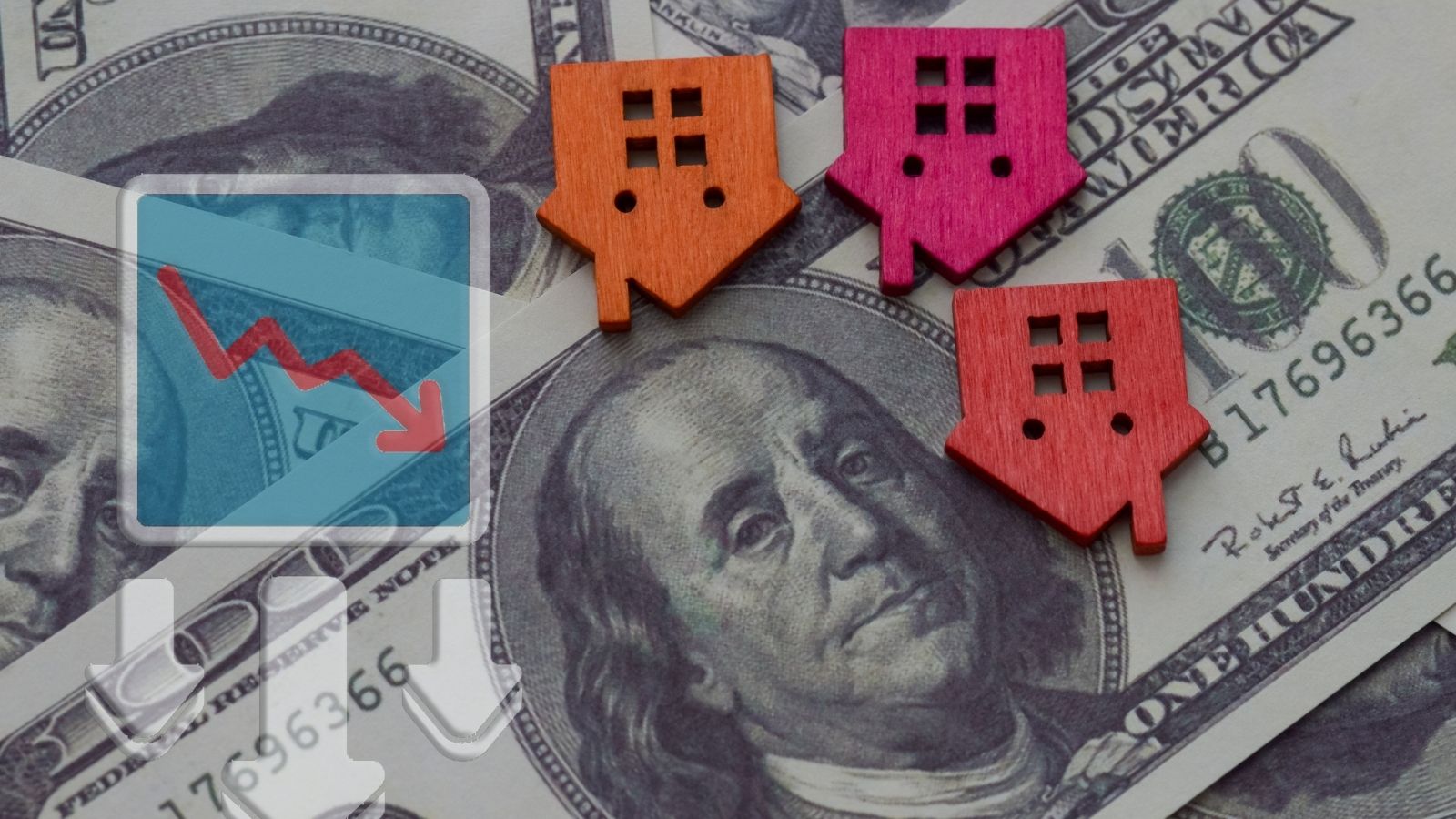Real estate has long been a favored investment due to its lucrative return. But, in 2024, the landscape has shifted significantly due to changing economic conditions, evolving technologies and unpredictable markets.. We look at 18 hidden dangers that investors should be aware of before investing in the real estate market this year:
Rising Interest Rates

One of the most immediate challenges is the increasing interest rates. As central banks, especially in the U.S., attempt to curb inflation, interest rates have been rising steadily. Higher rates translate into more expensive mortgages and higher borrowing costs, which can reduce buyer demand and compress profit margins.
Decreasing Affordability

With rising property prices in many regions and stagnant wage growth, housing affordability has become a pressing issue. A larger portion of the population may be priced out of the market, reducing the pool of potential buyers and renters, which in turn can limit returns for investors.
Economic Recession Risks

Global economic uncertainties in 2024, ranging from geopolitical tensions to supply chain disruption pose a risk to real estate investments. A recession could lead to reduced demand for properties, increased defaults on loans and even lower rental income as tenants struggle to make ends meet.
Overleveraging

Many investors rely on leverage, using borrowed money to buy properties. While this can amplify returns, it can also magnify losses, especially if the market turns down or interest rates rise, making debt servicing more costly.
Property Overvaluation

In several urban markets, properties are highly overvalued. Buying into these overpriced markets leaves little room for profit, especially if prices correct or remain stagnant. Investing in these markets requires careful analysis to avoid purchasing at the peak of a bubble.
Regulatory Changes

Real estate is heavily regulated and changes in laws, taxes, or zoning rules can have significant impacts. In 2024, many local governments are reassessing property taxes, rent control laws and environmental regulations. These changes can affect the profitability of investments.
Climate Change and Natural Disasters

The increased frequency of natural disasters like hurricanes, floods and wildfires can make properties more vulnerable. Real estate in coastal and disaster-prone areas may face higher insurance costs and the physical risks to properties could lead to significant losses.
Shifts in Work Patterns

The pandemic accelerated remote work and in 2024, many employees still prefer flexible work arrangements. This shift has reduced demand for office spaces and altered the dynamics of residential real estate in urban centers, as people move to suburban or rural areas. Investors in office real estate or central urban residential markets may find lower demand.
Supply Chain Disruptions

Real estate development projects have faced significant delays due to ongoing supply chain disruptions. Building materials like lumber, steel and concrete have seen price surges or shortages, which can delay construction projects and increase costs, impacting the profitability of real estate developments.
Tenant Defaults

Economic instability can lead to higher rates of tenant defaults, especially in commercial real estate. Retail and office spaces, already suffering from the rise of e-commerce and remote work, may see more vacancies, affecting cash flow for property owners.
Unpredictable Rental Market

Rent control measures have been implemented in several cities to combat rising living costs. While this may be good for tenants, it can be detrimental to landlords by capping potential income. Additionally, in volatile economic conditions, renters may be unable to afford high rents, reducing yields for landlords.
Technological Disruption

Real estate markets are increasingly influenced by technology. While innovations like blockchain and smart contracts are reshaping the sector, they also come with risks. Investors must stay up-to-date with new technologies to avoid obsolescence and maintain a competitive edge.
Liquidity Concerns

Unlike stocks or bonds, real estate is not easily liquidated. In a downturn, selling a property can take time and investors may be forced to accept lower prices. The illiquid nature of real estate makes it harder to exit investments when cash is needed quickly.
Market Saturation

In certain regions, the influx of real estate investors has led to market saturation. This can lead to a slowdown in growth, lower property values and reduced rental demand. Overcrowded markets leave less room for significant appreciation or profit.
Increasing Maintenance Costs

As properties age, maintenance costs can skyrocket. Whether it’s plumbing, roofing, or electrical work, older properties require continuous investment. Unforeseen repair costs can quickly erode profitability, especially if these costs are not factored into the initial investment calculations.
Taxation Issues

Tax policies regarding real estate investment can vary significantly from one year to the next. Changes in capital gains taxes, property taxes and depreciation rules could substantially impact returns. In 2024, investors should be prepared for potential tax hikes as governments look for new revenue streams.
Legal Liability

Real estate investors must navigate legal risks such as tenant disputes, eviction challenges, and compliance with local housing laws. These issues can result in costly legal battles, fines, or penalties if not handled properly.
Rising Construction Costs

For those involved in real estate development or renovation projects, rising construction costs can present significant risks. In 2024, the prices of labor and materials have continued to increase, making it more expensive to build or refurbish properties. This can severely impact margins on new developments or flips.
18 Reasons Why People Are Leaving Florida in Masses

Exploring factors that impact the desirability of living in Florida, this list delves into various challenges shaping residents’ experiences. From environmental concerns like rising sea levels to economic factors such as fluctuating job markets, these issues collectively contribute to a nuanced understanding of the state’s appeal.
18 Reasons Why People Are Leaving Florida in Masses
